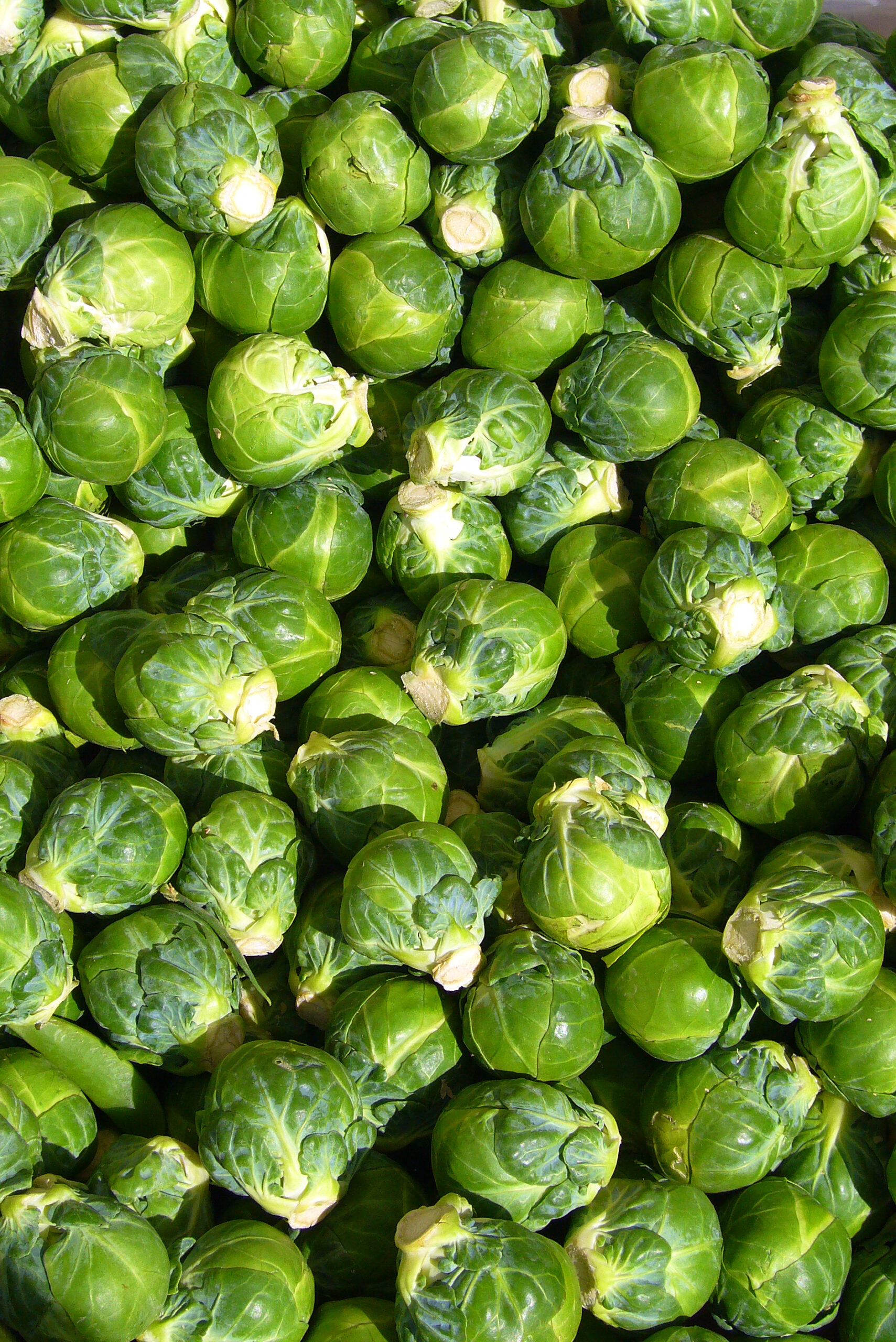Health Benefits of Brussels Sprouts
What are the health benefits of Brussels sprouts?
Brussels sprouts are a nutritious vegetable that offer several health benefits. Here are some key health benefits of Brussels sprouts:
- Rich in Nutrients: Brussels sprouts are low in calories but high in nutrients. They are an excellent source of vitamin K, vitamin C, and vitamin A. They also contain folate, manganese, and fiber.
- High in Antioxidants: Brussels sprouts are rich in antioxidants, including vitamin C, beta-carotene, and flavonoids. These antioxidants help protect cells from damage caused by free radicals and may reduce the risk of chronic diseases like cancer and heart disease.
- Heart Health: The high levels of fiber, potassium, and antioxidants in Brussels sprouts are beneficial for heart health. They may help lower cholesterol levels, reduce blood pressure, and improve overall heart function.
- Digestive Health: Brussels sprouts are a good source of dietary fiber, which is important for digestive health. Fiber helps promote regular bowel movements, prevent constipation, and support a healthy gut microbiome.
- Blood Sugar Control: The fiber content in Brussels sprouts can help regulate blood sugar levels and improve insulin sensitivity, making them a good choice for individuals with diabetes or those at risk of developing diabetes.
- Anti-Inflammatory Effects: Brussels sprouts contain compounds that have anti-inflammatory properties, which may help reduce inflammation in the body and lower the risk of inflammatory conditions such as arthritis.
- Cancer Prevention: Some studies suggest that the antioxidants and phytochemicals in Brussels sprouts may help reduce the risk of certain types of cancer, including breast cancer, prostate cancer, and colon cancer. However, more research is needed to confirm these effects.
- Bone Health: Brussels sprouts are a good source of vitamin K, which is important for bone health. Vitamin K helps maintain bone density and may reduce the risk of fractures and osteoporosis.
- Weight Management: Brussels sprouts are low in calories but high in fiber, making them a filling and nutritious food choice for individuals trying to manage their weight. The fiber in Brussels sprouts can help promote satiety and reduce overall calorie intake.
Overall, Brussels sprouts are a nutrient-dense vegetable that can be enjoyed in various dishes. They offer several health benefits and can be a valuable addition to a balanced diet.
What are the health risks of Brussels sprouts?
Brussels sprouts are generally safe for most people when consumed in moderation as part of a balanced diet. However, there are some potential health risks associated with their consumption:
- Gastrointestinal Issues: Some people may experience digestive issues such as bloating, gas, or diarrhea when consuming Brussels sprouts, especially if eaten in large amounts or if they are not cooked properly. The fiber content in Brussels sprouts can also cause digestive discomfort in some individuals.
- Interference with Blood Thinners: Brussels sprouts are high in vitamin K, which plays a role in blood clotting. Individuals taking blood thinners like warfarin (Coumadin) should consume Brussels sprouts in moderation and maintain consistent intake of vitamin K-rich foods to avoid fluctuations in their medication’s effectiveness.
- Allergic Reactions: Some individuals may be allergic to Brussels sprouts or other vegetables in the cruciferous family, such as broccoli or cabbage. Allergic reactions to Brussels sprouts can cause symptoms such as itching, swelling, hives, or difficulty breathing in severe cases.
- Thyroid Function: Brussels sprouts, along with other cruciferous vegetables, contain compounds called goitrogens that can interfere with thyroid function in susceptible individuals. Cooking Brussels sprouts can help reduce their goitrogenic properties.
- Gas and Bloating: Brussels sprouts contain sugars that can ferment in the gut, leading to gas and bloating in some individuals, particularly those with irritable bowel syndrome (IBS) or other digestive disorders.
- Kidney Stones: Brussels sprouts are high in oxalates, which are compounds that can contribute to the formation of kidney stones in susceptible individuals. People with a history of kidney stones or those at risk of developing them may need to limit their intake of oxalate-rich foods like Brussels sprouts.
- Pesticide Residues: Conventionally grown Brussels sprouts may contain pesticide residues, which can pose health risks if consumed in large amounts. To minimize exposure to pesticide residues, it’s recommended to wash Brussels sprouts thoroughly or choose organic Brussels sprouts when possible.
Overall, Brussels sprouts are a nutritious vegetable that can be enjoyed as part of a healthy diet. However, individuals with digestive issues, allergies to Brussels sprouts, concerns about thyroid function, or kidney stone risk should consume Brussels sprouts with caution and consult with a healthcare provider if necessary.




